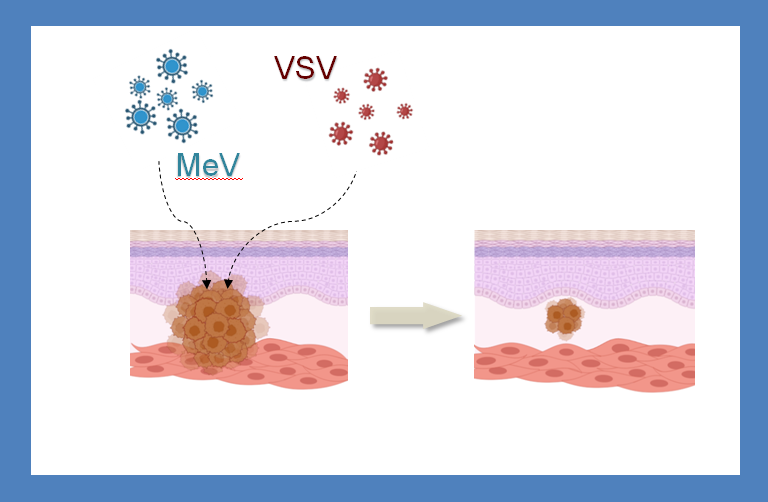System for early detection of Alzheimer’s disease and mild neurocognitive disorders
Developed system enables early detection of Alzheimer’s disease and mild neurocognitive disorders that can precede the onset of dementia in a fast and reliable way. The solution is based on a hidden object test, in which the participants are tasked with finding an object that is not visible, but must use previously memorized object position or other landmarks for orientation.
The neurocognitive disorder detection system is intended for healthcare institutions and other organizations that care for the elderly and other populations where early detection of dementia is significant and continuous monitoring of its course and therapeutic interventions’ success.
Advantages of the system:
- Early detection of the onset of dementia – the system enables early detection of Alzheimer’s disease and mild neurocognitive disorders, and its use facilitates timely provision of necessary care.
- Non-invasive and fast testing – testing is based on the orientation of the participants with an average test duration of 20 minutes.
- Automatic data processing – the system automatically calculates orientation errors and presents results in an easily interpretable way.
- Integrated solution for all testing steps – the system provides for setting up, calibrating, managing the test sequence, and monitoring and storing results in one place.
Collaboration type:
We are looking for partners for further product development and market placement.
Development stage:
A system prototype is available for demonstration.
Intellectual property:
The system was developed at the Croatian Institute for Brain Research of the University of Zagreb School of Medicine. The faculty is the owner of the Alzentia trademark, under which the system can be marketed.
Contact:
Vlatka Petrović, PhD. Head of the Technology Transfer Office, University of Zagreb
E-mail:vlatka.petrovic@unizg.hr



